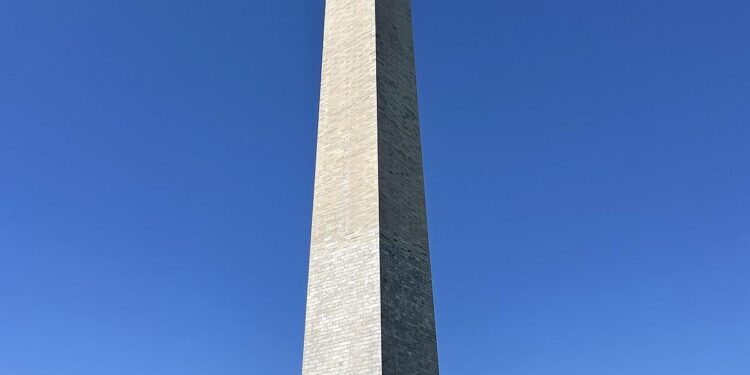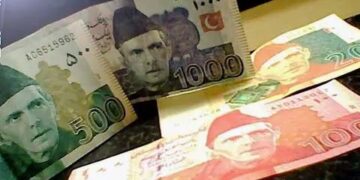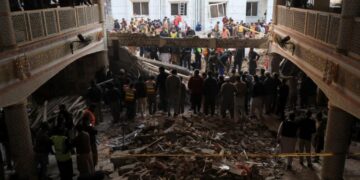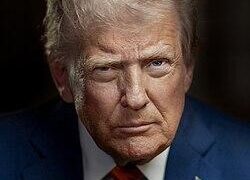Washington’s Media Missteps: How U.S. Press Coverage Jeopardizes the Future of the Iran Nuclear Agreement
In today’s intricate global arena, where diplomatic breakthroughs are often fragile, the relationship between the United States and Iran remains deeply strained. Despite mutual indications toward reviving dialogue over the nuclear agreement, recent approaches by American media outlets risk undermining these delicate efforts. This article delves into how U.S. media framing and reporting on Iran-related developments may unintentionally hinder diplomatic progress, exacerbate tensions, and complicate negotiations. By analyzing dominant narratives and their consequences, we reveal how Washington’s own media environment could be a significant obstacle to restoring a viable Iran deal—an outcome with profound implications as time runs short.
The Role of U.S. Media in Shaping Perceptions of Iran Diplomacy
Over recent months, American news organizations have played an outsized role in molding public opinion about U.S.-Iran relations. Rather than highlighting cooperative initiatives or diplomatic openings, much coverage has gravitated toward conflict-driven storylines and alarmist headlines that emphasize confrontation over conciliation. This skewed portrayal fosters widespread misinterpretations, which inflame mistrust instead of encouraging constructive engagement.
Moreover, mainstream outlets frequently prioritize analyses centered on military escalation or hardline stances, sidelining more balanced perspectives that acknowledge the complexities inherent in diplomacy with Tehran. Such one-sided reporting not only distorts public understanding but also constrains policymakers’ ability to pursue nuanced negotiation strategies effectively. The following comparison illustrates this disconnect between media narratives and actual diplomatic goals:
| Media Focus | Diplomatic Aim |
|---|---|
| Highlighting confrontation | Cultivating mutual confidence |
| Sensational headlines prioritizing fear | Encouraging open dialogue channels |
| Pushing military intervention scenarios | Pursuing sustainable peace agreements |
The Consequences of Distorted Narratives on Nuclear Negotiations with Iran
Discussions surrounding the nuclear accord have been heavily shaped by misleading or oversimplified stories propagated through various news platforms—stories that often misrepresent facts or omit critical context altogether. These distortions contribute to hardened attitudes among stakeholders on both sides by fostering misconceptions about intentions and concessions.
Key contributors to this problematic narrative landscape include:
- Selective Emphasis: Negative developments receive disproportionate attention compared to positive diplomatic signals.
- Binarized Framing: Presenting negotiations as an either/or scenario—either capitulation or uncompromising defense—ignores subtle strategic considerations.
- Lack of Depth: Oversimplified characterizations fail to capture diverse motivations within Iranian political factions as well as among U.S negotiators.
This environment not only misguides public opinion but also pressures decision-makers who depend on such information for policy formulation—entrenching divisions rather than bridging them.
Below is a summary table outlining prevalent misleading themes alongside their detrimental effects on talks:
| Narrative Distortion | Impact on Negotiations ———————————|—————————- Deal rewards Iranian hostility | Increased suspicion; reduced compromise willingness U.S surrendering sovereignty | Heightened domestic backlash; partisan polarization Inevitable loss of oversight | Escalated fears over nuclear proliferation; calls for harsher policies | | |
|---|
Strategies for Promoting Transparent Reporting and Supporting Diplomatic Progression
Achieving a renewed agreement with Tehran demands greater transparency within journalistic practices covering international affairs related to Iran.
Media institutions should consider implementing rigorous fact-check protocols combined with cross-verification standards before publishing sensitive content concerning diplomacy.
Adopting ethical journalism principles focused on accuracy rather than sensationalism can help rebuild trust among audiences while fostering informed discussions around complex geopolitical issues.
Furthermore, creating structured forums where diplomats regularly engage directly with journalists could enhance understanding from both sides.
Such initiatives might include scheduled briefings or educational workshops designed to clarify negotiation intricacies.
By anchoring reportage in factual realities rather than speculative drama,
journalists can produce richer analyses that illuminate underlying stakes,
thereby cultivating broader public support essential for successful diplomacy.
This commitment towards responsible communication is vital—not just for accurate information dissemination—but also for nurturing an atmosphere conducive to peaceful resolution efforts.
Final Thoughts: Navigating Media Challenges Amidst Diplomatic Endeavors With Iran
The interplay between American media portrayals and foreign policy maneuvers significantly influences prospects surrounding any revived nuclear deal with Iran.
As Washington contends internally with conflicting messages broadcast across its press landscape,
the risk grows that self-inflicted obstacles will derail ongoing negotiations,
deepening divides instead of closing them.
Distorted coverage coupled with inflammatory rhetoric extends beyond mere journalism—it shapes policymaker decisions along with popular sentiment alike.
In this volatile context,
clearer communication grounded in nuance becomes indispensable.
Ultimately,
the fate of renewed agreements hinges not only upon political will but equally upon how effectively media frames these critical conversations amid escalating regional tensions.
With stakes higher than ever before,
finding common ground requires concerted effort from all actors—including responsible journalism—to pave pathways toward lasting peace.















